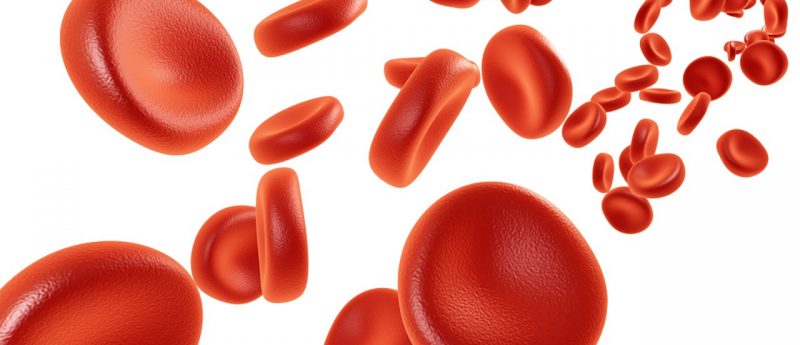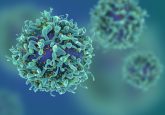Reducing brain cancer diagnosis times

Researchers from the University of Central Lancashire (Preston, UK) have investigated the use of blood samples to diagnose brain cancer. Their findings, which were published in Analytical and Bioanalytical Chemistry, suggest that the method could cut brain cancer diagnosis times, currently at 2–3 days, to less than 5 hours.
The team analyzes blood samples from glioma and non-cancer patients using a Bioplex immunoassay to provide cytokine and angiogenesis factor levels, as well as serum ATR-FTIR combined with a RBF SVM. Their publication details the combination of these techniques in an orthogonal diagnostic regime.
At present, more than 16,000 people globally are diagnosed with a brain tumor each year. In the UK, more children and adults under 40 die of a brain tumor than any other cancer. Currently, diagnosis involves invasive and time-consuming tests such as histological grading. Diagnosing brain cancer rapidly from serum samples would allow for a relatively non-invasive test, reducing patient discomfort and admission times to hospital. In addition, it would enable treatment efficacy to be monitored, facilitate the detection of recurrent tumors, and open up the possibility of brain cancer screening.
Looking to the future, the team wrote, “This regime has the ability to revolutionize the clinical environment by providing objective measures for diagnosis allowing for increased efficiency with corresponding decreases in mortality, morbidity and economic impact upon the health services.”
Source: Hands JR, Abel P, Ashton K et al. Investigating the rapid diagnosis of gliomas from serum samples using infrared spectroscopy and cytokine and angiogenesis factors. Anal. Bioanal. Chem. 405(23), 7347–7355 (2013).



